On World Development Information Day, we celebrate the pivotal role of data in driving progress toward the Sustainable Development Goals (SDGs). As the custodian for 14 SDG indicators with multiple goals, the ILO provides world-class labour data that helps to track progress, inform policies, and support global efforts to achieve the 2030 Agenda for Sustainable Development. And it is able to do so, thanks to the rigorous work of its Department of Statistics.
The ILO’s role in SDG monitoring and reporting
The ILO is uniquely positioned within the SDG framework as the custodian agency for 14 indicators that fall under various goals, not just SDG 8 (decent work and economic growth). These indicators encompass a wide range of labour market issues, including gender equality, economic inclusion, labour rights, social protection, occupational safety and health, and child labour. Our department is responsible for collecting, validating, and disseminating the data for these indicators, ensuring they meet the highest standards of quality and comparability.
How ILOSTAT data supports SDGs
ILOSTAT, the ILO’s portal to labour statistics, serves as a vital resource in monitoring and evaluating progress toward the SDGs. It provides a comprehensive collection of global, regional, and national data on a range of labour market indicators, from employment and unemployment rates to wages, working hours, occupational safety, and more. By providing policymakers, researchers, and advocates with reliable data, ILOSTAT enables a nuanced understanding of labour market dynamics and their impact on sustainable development.
While SDG 8 is central to our mission, our work contributes to several other SDGs. Here’s how ILOSTAT data plays a critical role across different goals:
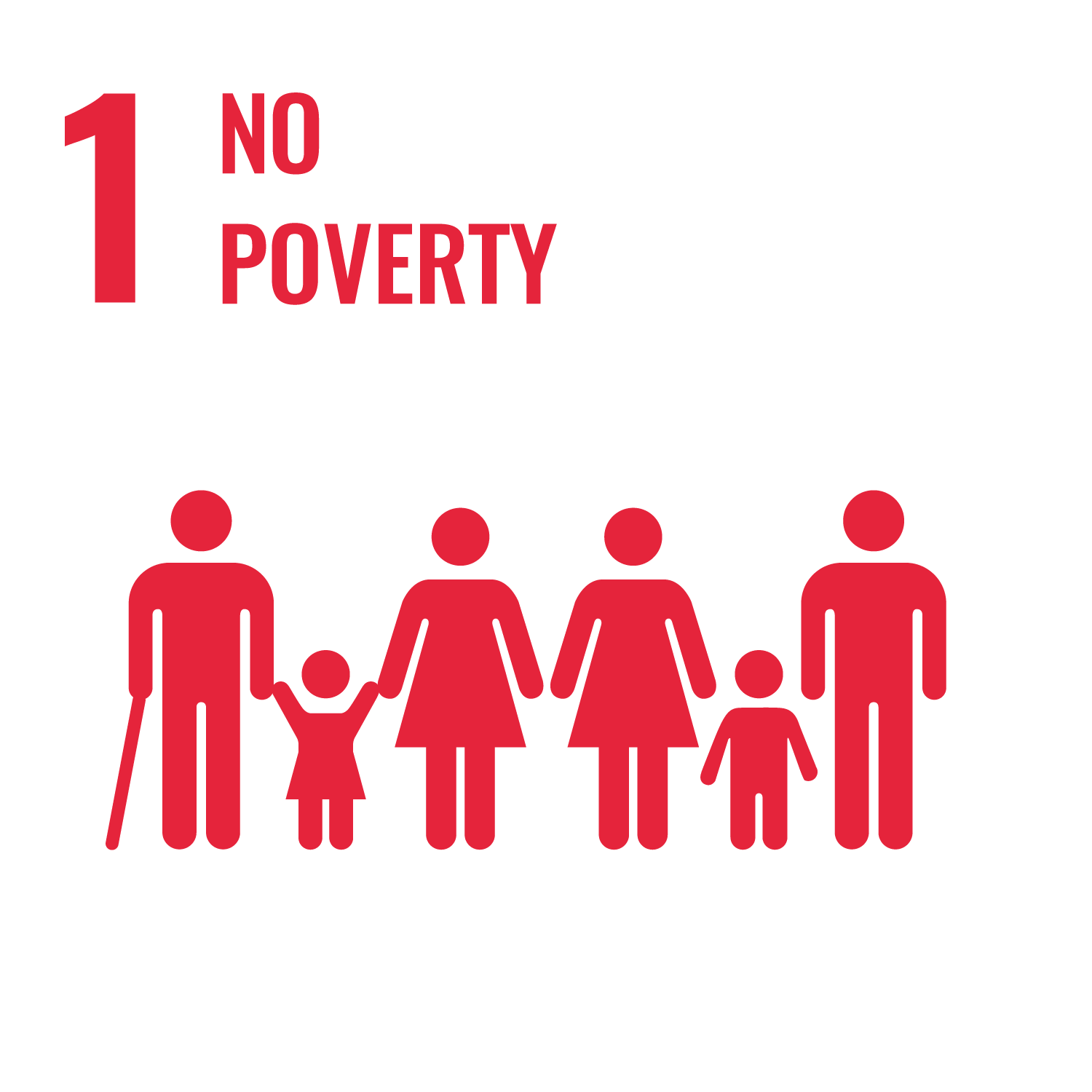
Promoting social protection and economic inclusion
ILOSTAT provides data on social protection coverage (indicator 1.3.1) and working poverty rates (indicator 1.1.1). These statistics help assess the extent to which populations are protected against risks like unemployment, sickness, and disability, while tracking the share of workers below the poverty line. This data is crucial for shaping policies that enhance social protection, reduce poverty, and promote economic inclusion, ensuring sustainable livelihoods for all workers.
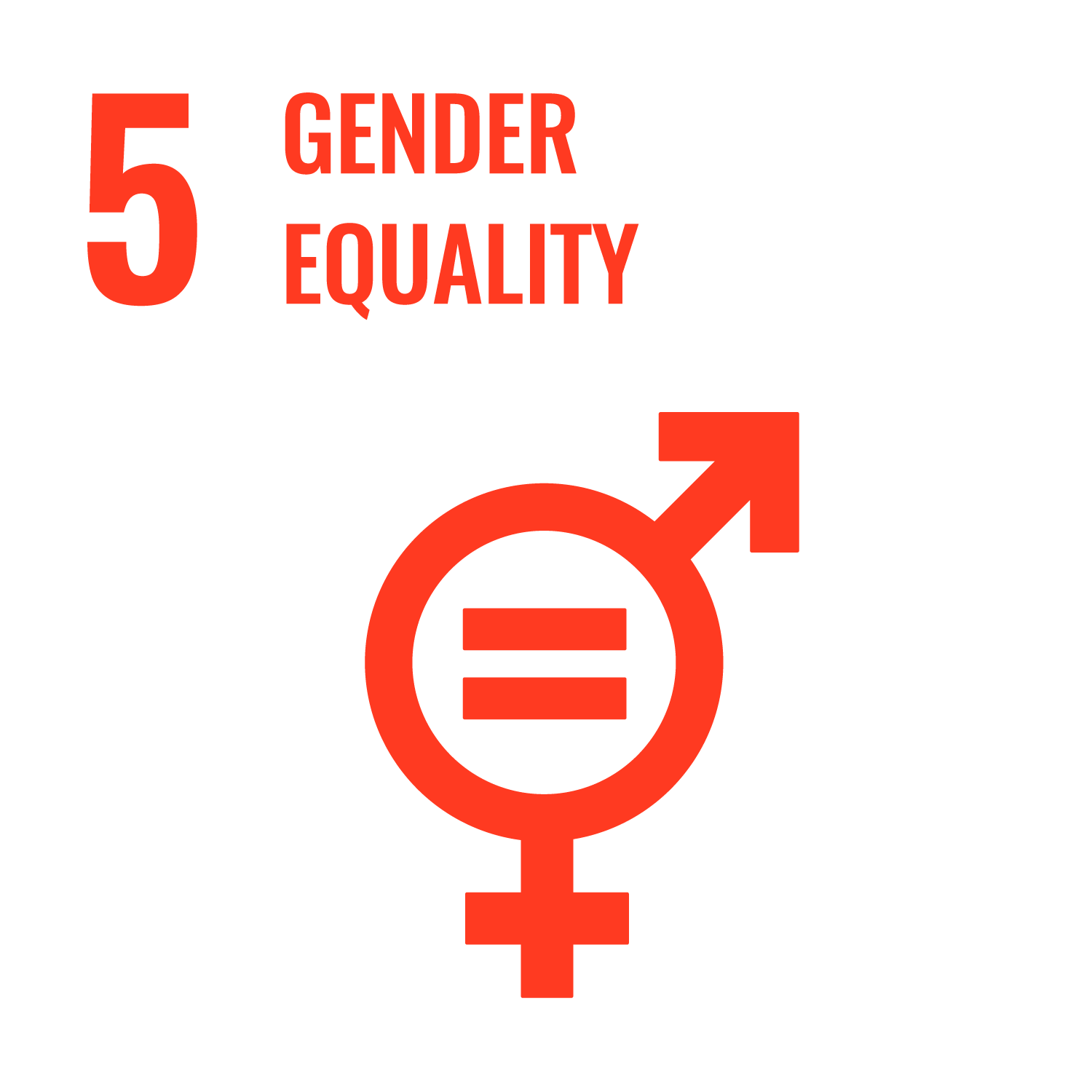
Advancing equal opportunities in the workforce
As custodians of indicator 5.5.2, which tracks women's representation in managerial roles, we provide data to measure progress toward gender equality in leadership. While data on labour force participation and wage gaps isn't directly under SDG 5, ILOSTAT also offers insights on these areas to help understand broader gender dynamics and inform policies that advance women's economic empowerment and equal opportunities in the workplace.
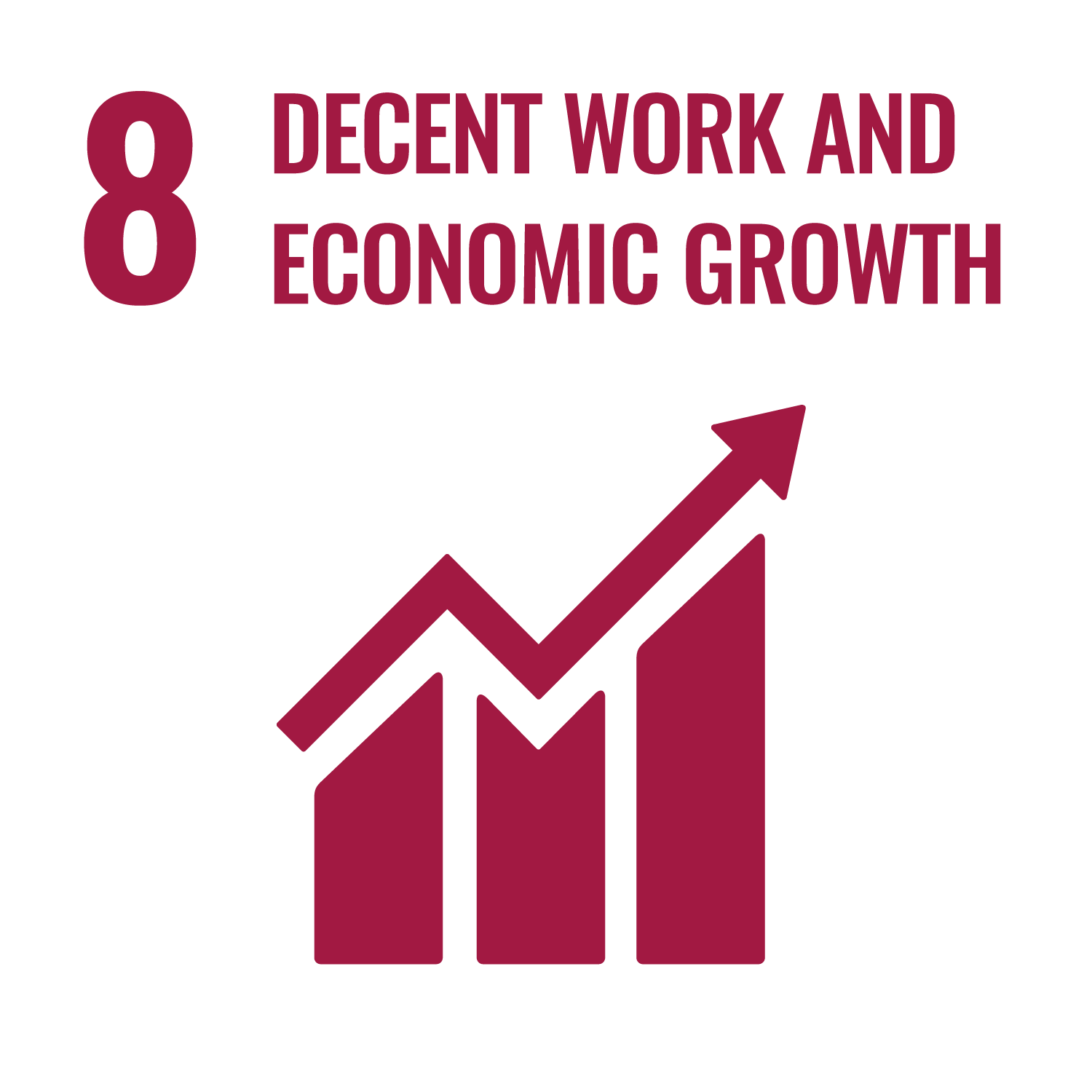
Monitoring employment, wages, and working conditions
The ILO drives progress on SDG 8 by monitoring key indicators, including earnings (8.5.1), unemployment rates (8.5.2), youth not in employment, education or training (8.6.1), child labour (8.7.1), occupational injuries and fatalities (8.8.1), compliance with labour rights (8.8.2), and the existence of national youth employment strategies (8.b.1). ILOSTAT data identifies where job creation, wage equity, workplace safety, and employment strategies need enhancement, empowering countries to develop inclusive policies that ensure decent work and sustainable economic growth for all.
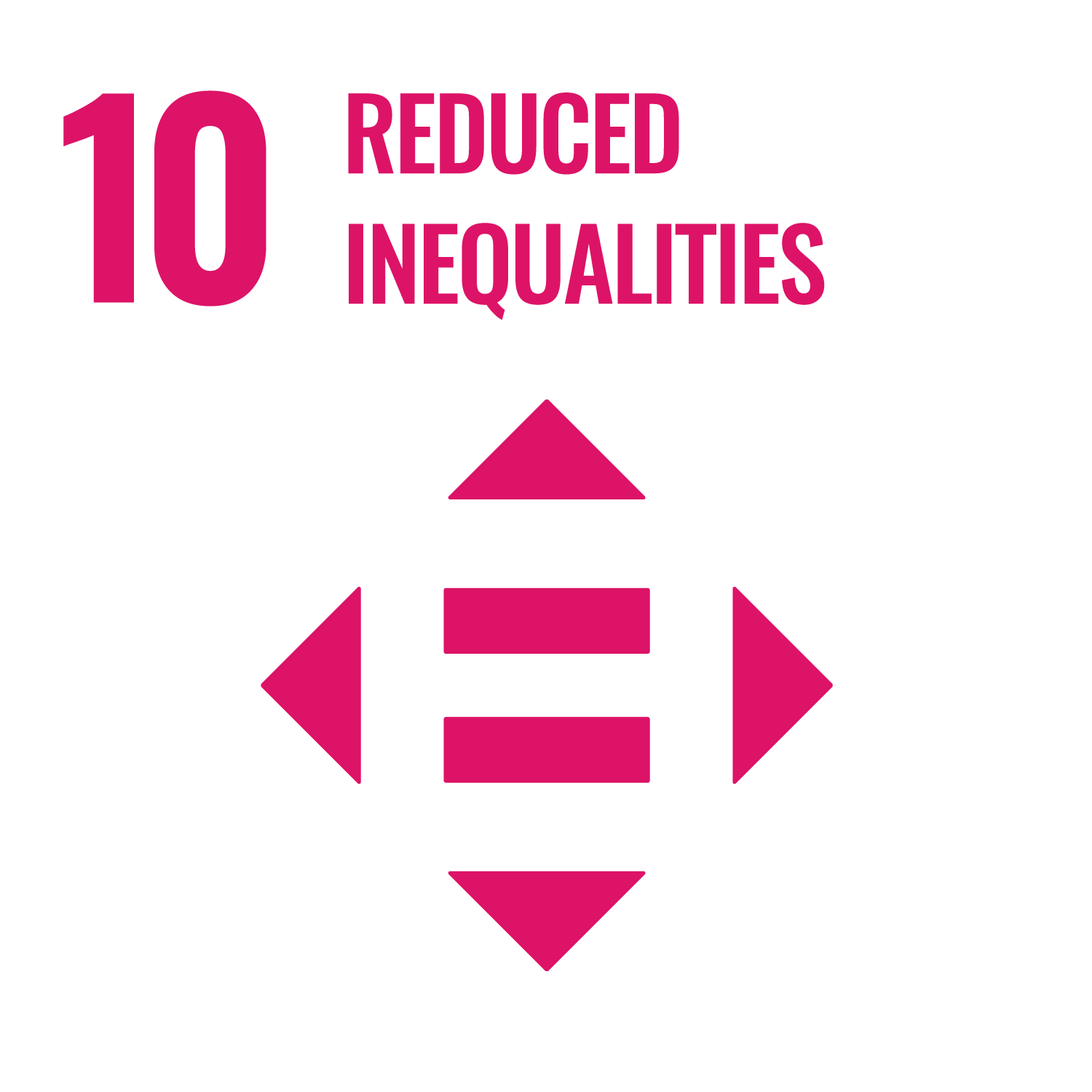
Ensuring inclusive growth
ILOSTAT data supports SDG 10 through indicator 10.4.1, measuring the labour income share of GDP within countries. This data reveals how income is distributed between workers and capital owners, guiding policies to achieve fairer income distribution and reduce inequality.
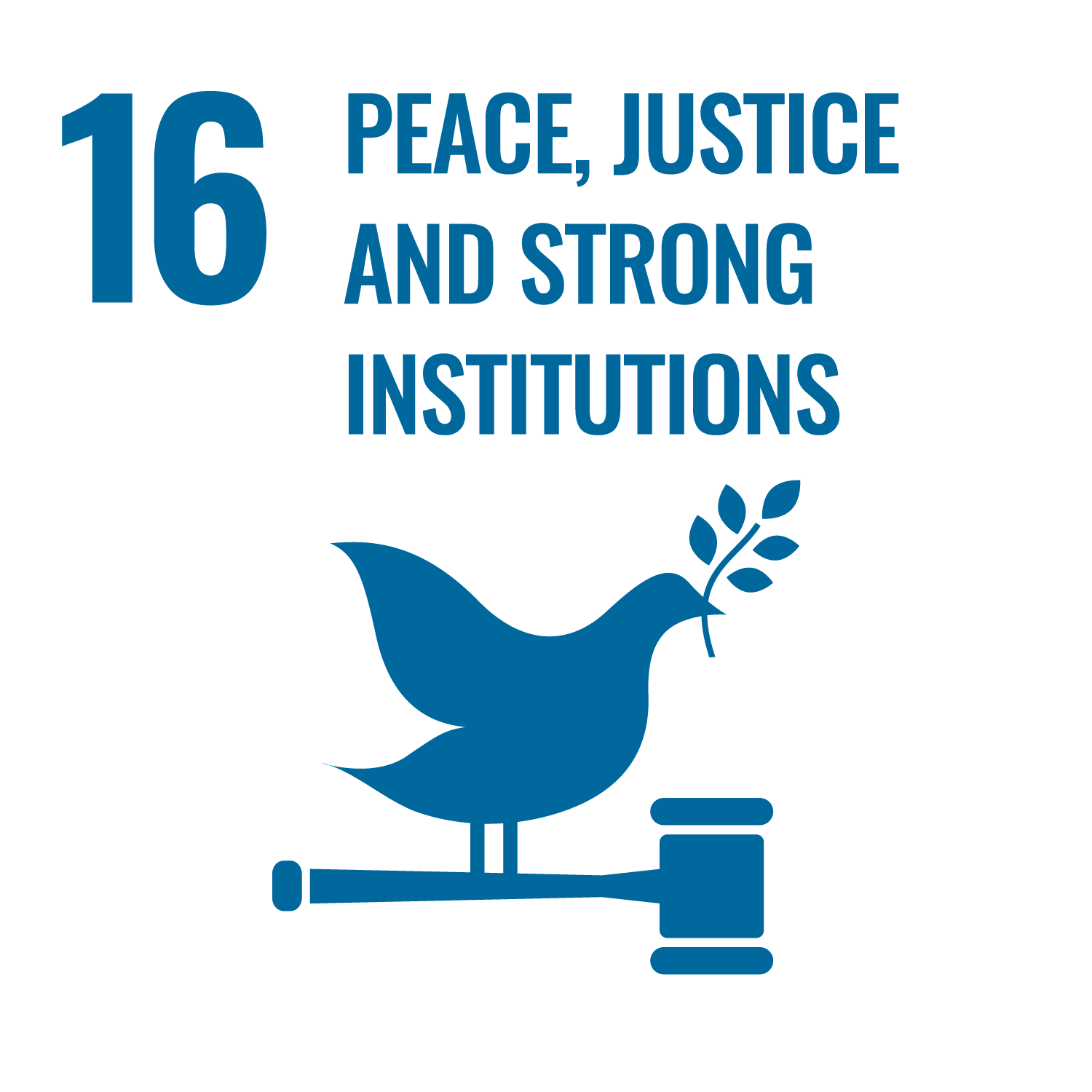
Promoting fair work and stronger institutions
While child labour, occupational injuries, and labour rights are primarily tracked under SDG 8 (indicators 8.7.1, 8.8.1, and 8.8.2), our work also supports SDG 16 by addressing broader aspects of justice, governance, and institutional strength. This includes promoting fair and safe working conditions, ensuring access to justice for labour disputes, and protecting fundamental rights like freedom of association and collective bargaining. By providing data on these and other labour issues, we help guide policies that combat exploitation, strengthen institutions, and uphold human rights.
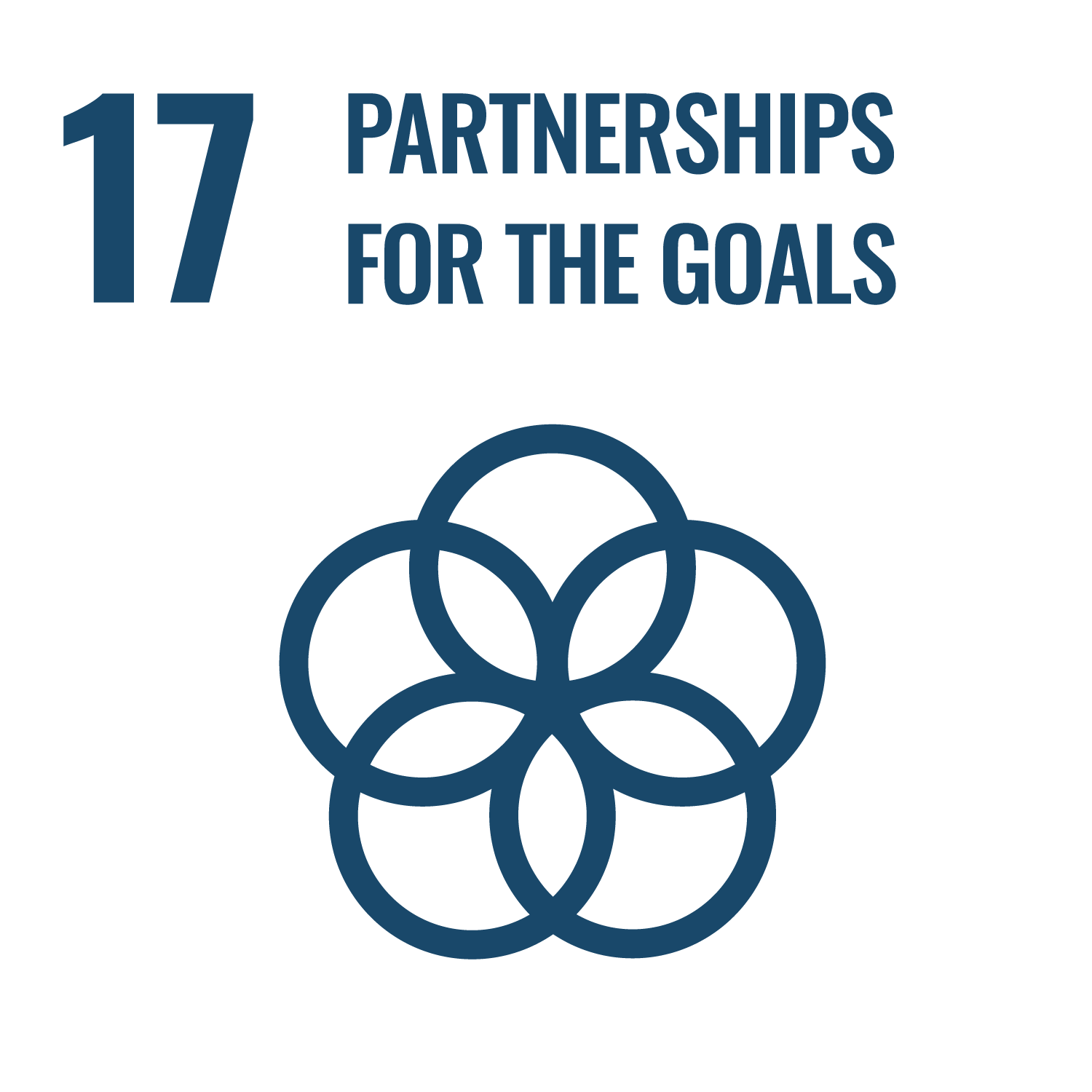
Building data capacity and partnerships
Under SDG 17, we play a vital role in building the capacity of national statistical systems to collect, report, and analyse labour data. Our technical assistance, training, and methodological support ensure that countries have the tools they need to produce high-quality labour statistics, including for SDG monitoring and reporting.
Supporting additional SDGs with ILOSTAT data
We also contribute data to several SDG indicators beyond our custodianship. For SDG 4 on quality education, we contribute data on skills and educational attainment (indicators 4.3.1 and 4.5.1), which are key to lifelong learning and improving workforce capabilities. For SDG 8, we support data on employment in tourism (indicator 8.9.2), highlighting tourism’s contribution to job creation. For SDG 9 on industry, innovation, and infrastructure, we provide data on manufacturing employment (indicator 9.2.2), reflecting the role of industrialization in economic growth.
For a detailed look at our latest analysis and insights into the SDG indicators under our custodianship, see our blog:

Charting progress on the global goals and decent work
As the world faces a number of complex challenges, we examine key labour indicators to assess the impact of unprecedented crises in order to shed light on global trends and regional variations and their impact on our ability to realise the 2030 Agenda for Sustainable Development.
How labour data drives policy for sustainable development
The ability to monitor these indicators allows governments, employers, and workers’ organizations to understand where we stand on the path toward achieving sustainable development. However, data is only as valuable as the actions it inspires. Here are a few ways in which ILOSTAT data is helping shape policies:
Guiding policy interventions: ILOSTAT data helps governments identify priority areas for action. For example, high levels of informal employment data can prompt policies that encourage formalization and extend social protections to vulnerable workers.
Tracking progress and accountability: Regular updates and monitoring of the SDG indicators allow countries to track their progress toward meeting their targets. This transparency fosters accountability among governments and other stakeholders, encouraging continuous improvement.
Enabling international comparisons and cooperation: Standardized data facilitates international comparisons, enabling countries to learn from one another’s experiences and adopt best practices. This exchange is crucial for global solidarity and coordinated efforts to achieve the SDGs.
Supporting advocacy and awareness: Our data provides a basis for advocacy by civil society and other organizations, highlighting areas where more action is needed and driving awareness of issues such as child labour, wage gaps, and lack of social protection.
Strengthening global capacity for labour data collection
To effectively monitor the SDGs, the ILO Department of Statistics is dedicated to supporting countries in strengthening their data collection and reporting capacities. We provide technical assistance and methodological guidance to help national statistical systems generate accurate, reliable, and internationally comparable labour statistics. This is crucial for ensuring that every country can contribute meaningfully to the global SDG monitoring framework, regardless of its level of development.
Looking ahead: The road to 2030
As we move closer to the 2030 deadline for achieving the SDGs, the need for reliable labour data is more critical than ever. We must continue to invest in statistical capacity building, improve data collection methodologies, and expand coverage to capture emerging phenomena in the world of work, such as digital platforms, remote work, and the gig economy. Only with the most accurate and comprehensive data can we design policies that truly leave no one behind and adapt to rapidly changing labour markets.
On this World Development Information Day, let us reaffirm our commitment to harnessing the power of labour data to achieve sustainable development. At the ILO, we remain dedicated to providing the data and insights necessary to drive progress toward SDG 8 and beyond.
Together, we can ensure that decent work and economic growth are not just aspirations but realities for all.
Authors
-

Rafael Diez de Medina
Rafael Diez de Medina is the Chief Statistician and Director of the Department of Statistics at the ILO, leading global efforts in labour statistics to support evidence-based policymaking for decent work, social justice, and sustainable development.
View all posts -

Marie-Claire Sodergren
Marie-Claire is a Senior Economist in the Data Production and Analysis Unit of the ILO Department of Statistics. She oversees data collection through the annual ILOSTAT questionnaire and coordinates SDG reporting. She spearheaded the development of the ILOSTAT portal and currently oversees content creation and serves as editor-in-chief for the blog. Previously, she held senior roles at the U.S. Bureau of Labour Statistics, including Supervisory Economist and acting Chief of the Division of International Labor Comparisons.
View all posts
